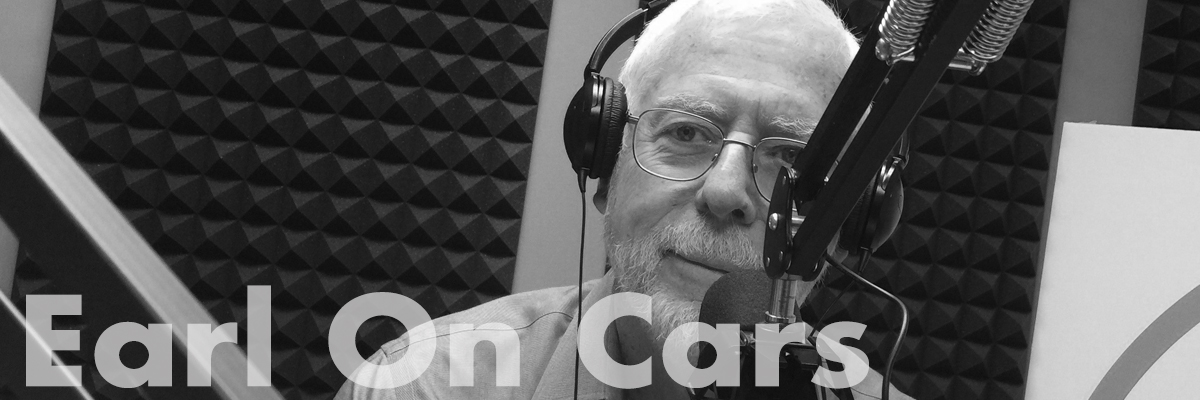I’m not suggesting that a lease can never be as good a value as a purchase or even better. To the informed, sophisticated lessor, leases can be the way to go. Manufacturers do sometimes offer special lease rates and residual values which can make a lease cheaper than a purchase. But fewer lessors/buyers can navigate the following “complications and deceptions” of leasing.
- Car dealers make more than TWICE as much when they lease you a vehicle rather than selling it. This is largely because they can attract you on a falsely low monthly payment, and your focus isn’t on the actual total cost of leasing.
- Every advertised lease you see has a large down payment hidden in the fine print.
- Customers are coerced and enticed to lease or buy another car from their dealer after their first lease. This is because the dealer never loses contact with you. You must return the lease car to him and he remains in close contact with you every time you make a lease payment. If you don’t buy or lease another vehicle from the dealer/manufacturer, you’re penalized with a “lease disposition fee” of several hundred dollars.
- There are many more hidden fees in a lease contract than a purchase contract. There’s an “acquisition fee” for several hundred dollars, lease disposition fee at the end of the lease, charge for above “normal” wear and tear when you turn in your lease car, and a mileage charge for exceeding a certain number of miles per year. Of course, the dealer still charges the same hidden dealer fees he charges you when you buy the car. Most of these charges should be included in the monthly lease payments up front, but they aren’t.
- Despite popular belief, you must make all the lease payments you signed the contract for. It doesn’t matter if you decide you don’t like the car or if it breaks down a lot and/or runs terribly. The leasing company (usually owned by the manufacturer) is separate legal entity. You still must make every lease payment even when the reason you can’t drive your lease car is the fault of the manufacturer or dealer. You also must make all the lease payments even if you’re disabled and can’t drive or die (your estate is liable for all remaining lease payments). The leasing company will insist that you make your monthly car insurance payments even if you can’t drive the car and it’s sitting in your garage.
- Because your monthly lease payments build no equity as they do on a purchase, you will always have to make a large down payment when you buy or lease another vehicle. Basically, once you lease a car, you can be trapped into leasing again and again. Today’s new vehicles are so reliable and maintenance free that many buyers are keeping their cars for five years and more. Furthermore, they have no more monthly payments!
- The dealer that leased you the car and other competing car dealers will be calling you to lease or buy another car when they know you have only a few more payments left. They’ll also tell you not to worry about the remaining lease payments because they’ll make those to the leasing company for you. Yes, they will pay the leasing company the remaining payments that you owe, but WITH YOUR MONEY, because they add those payments onto the price of the next car they lease or sell you. Remember that the dealer, the leasing company, and the manufacturer are all separate legal entities. Each has their own selfish interests, and you’re not one of them.


